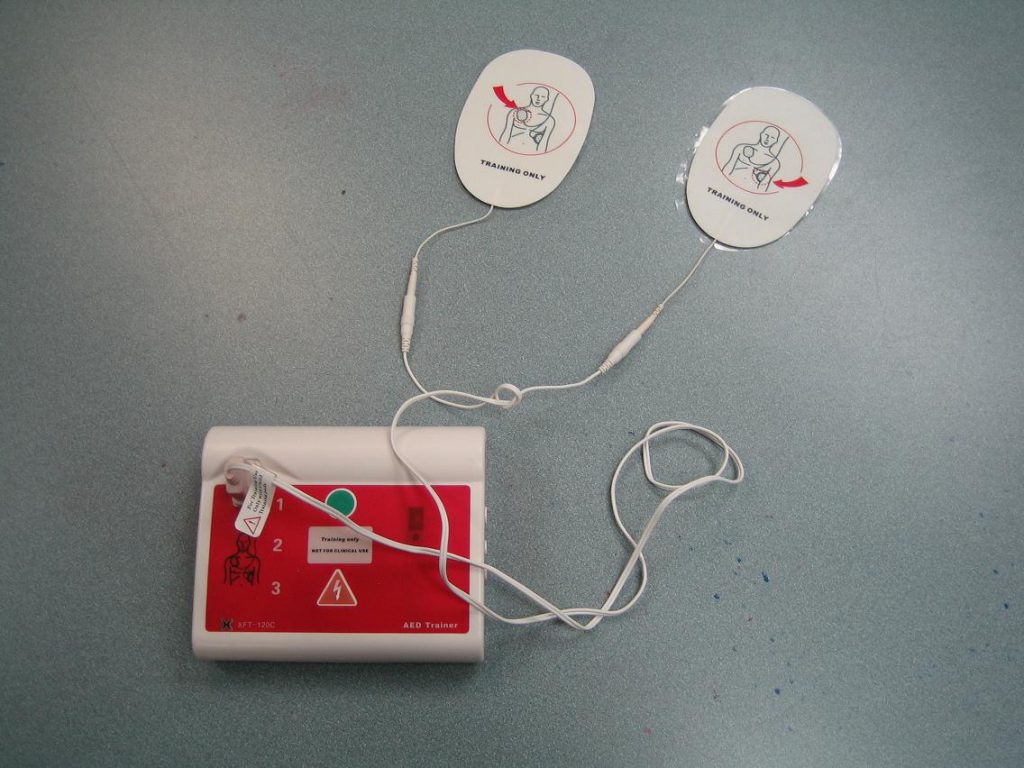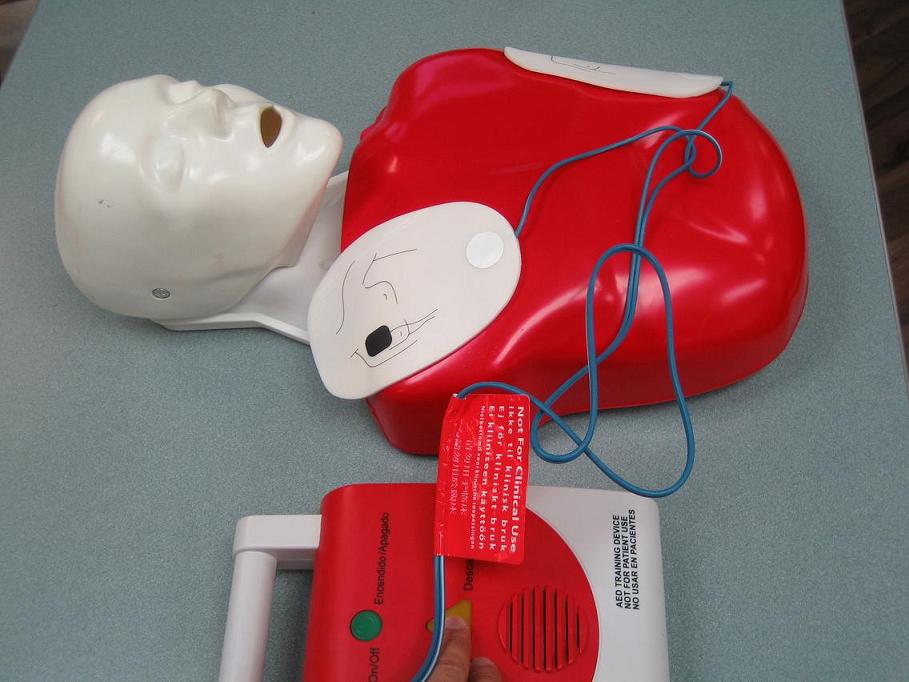A 64-year old man was saved with rapid response and a defibrillator while playing squash. The availability of a public defibrillator and the quick response by the staff at the Canada Games Complex and Thunder Bay paramedics were recognized for saving the life of a man.
Saving a life with an AED
Based on a written release, a 64-year old man was not breathing and did not have a pulse. CPR was performed and a defibrillator was utilized until the man was revived. Upon the arrival of the paramedics, they took over.
The man was transported to the Thunder Bay Regional Health Sciences Centre where he is under treatment.
According to Superior North EMS Deputy Chief Andrew Dillon, upon entering a public facility, it is recommended to locate the public access defibrillator and take a CPR course to save a life.

Prompt use of a defibrillator
Using an automated external defibrillator (AED) during emergencies is essential. With the increasing awareness of its importance, the device is becoming more available especially in public areas.
For more information about this story, click here.
LEARN MORE
Learn how to help by enrolling in a first aid course and for more information, check out these sources:
https://en.wikipedia.org/wiki/Automated_external_defibrillator
https://www.webmd.com/first-aid/automated-external-defibrillators-aed-treatment

